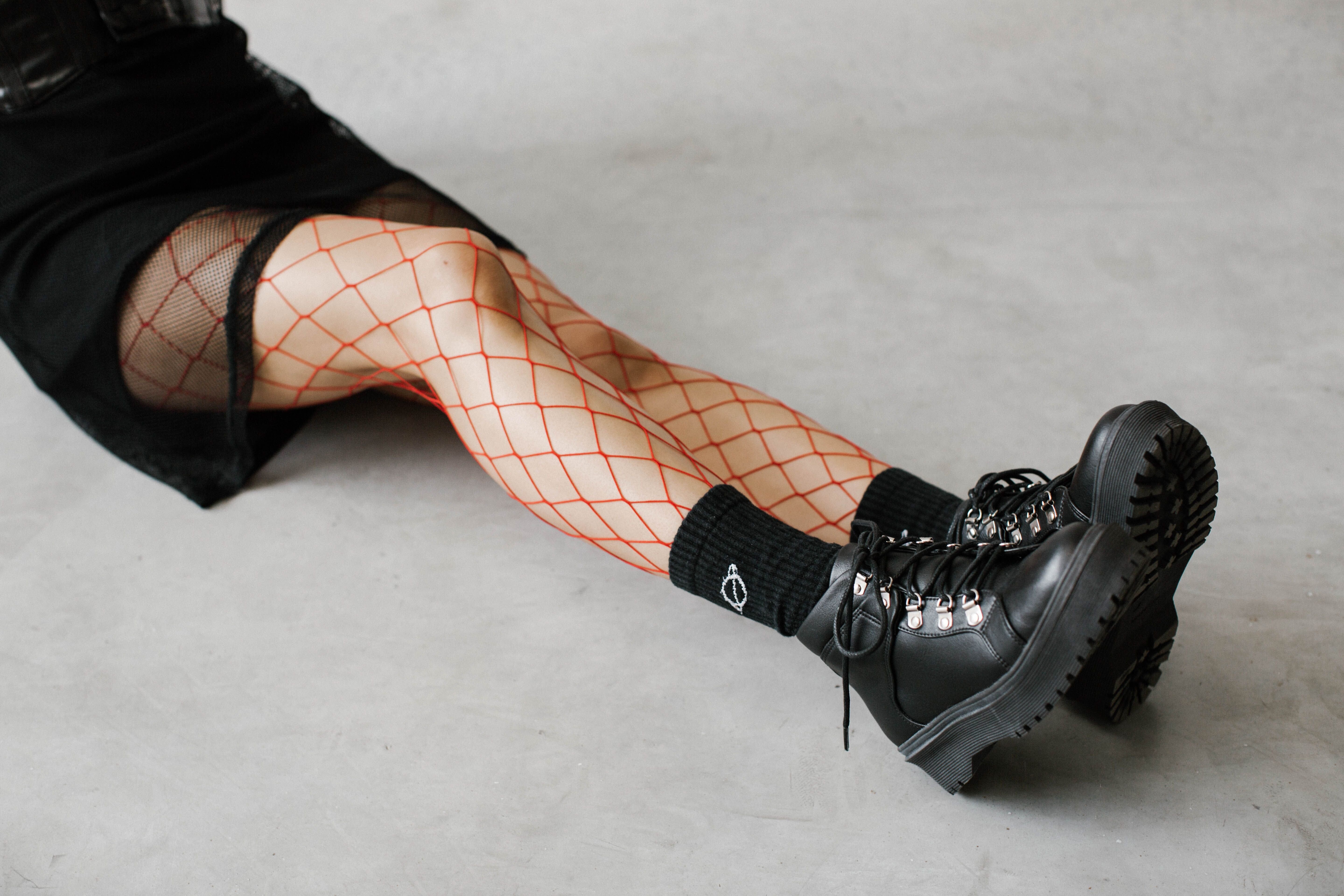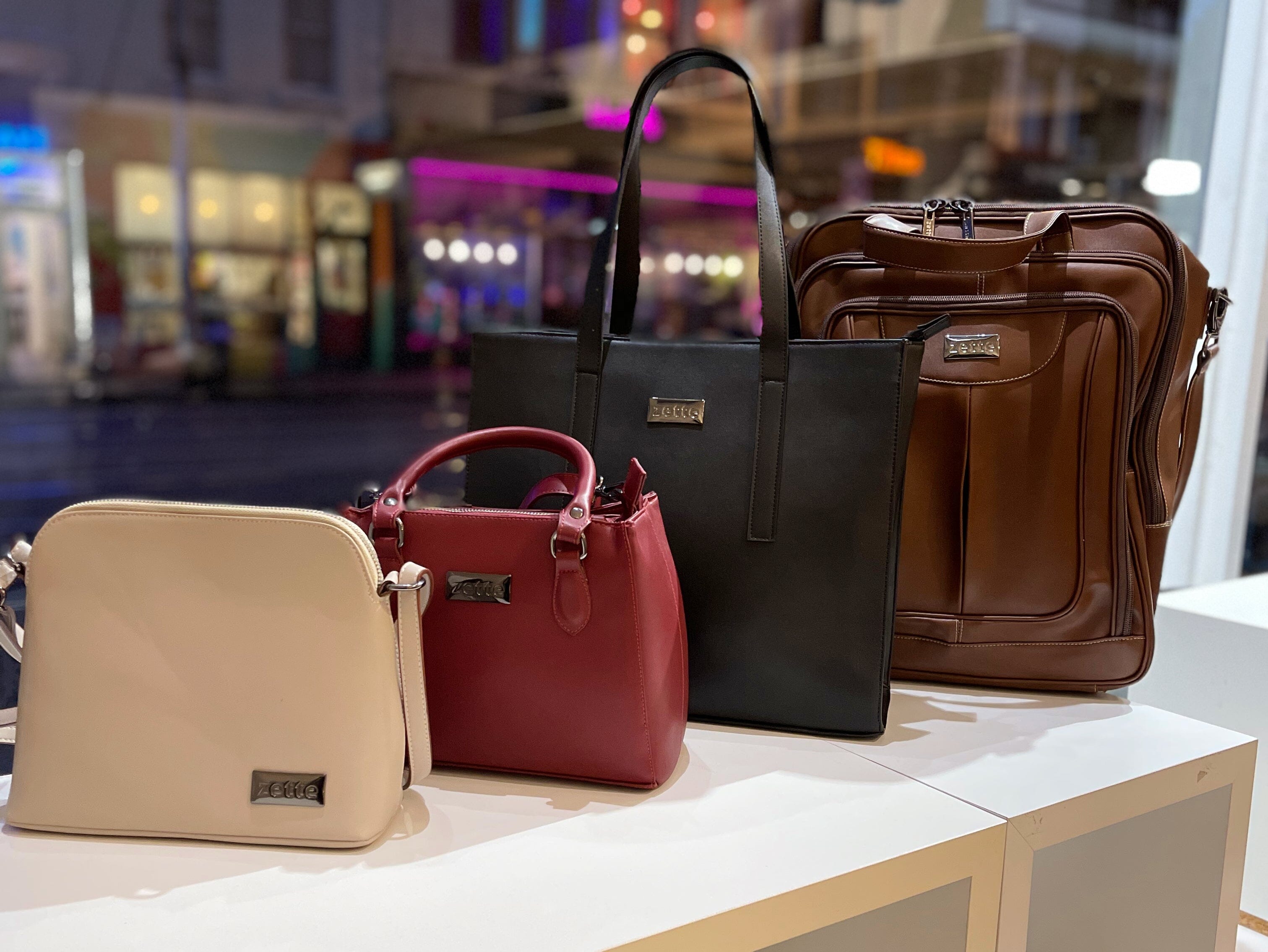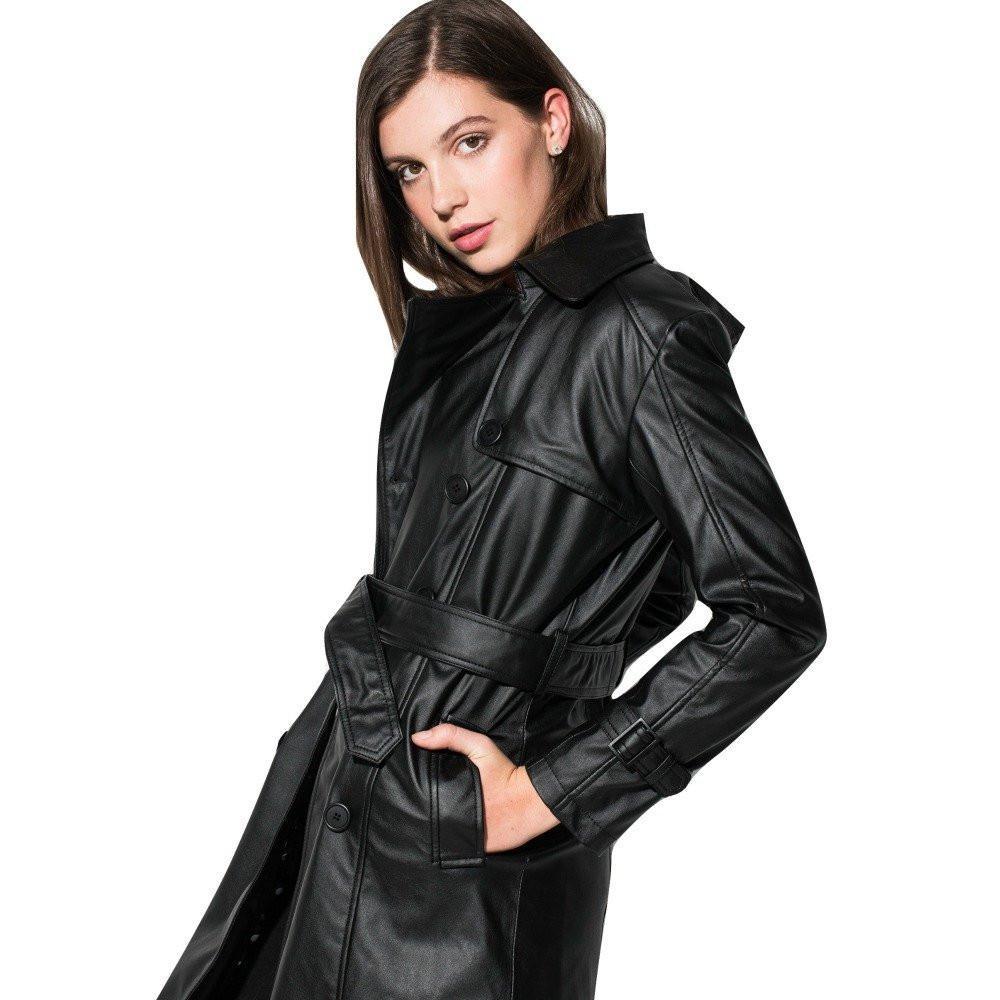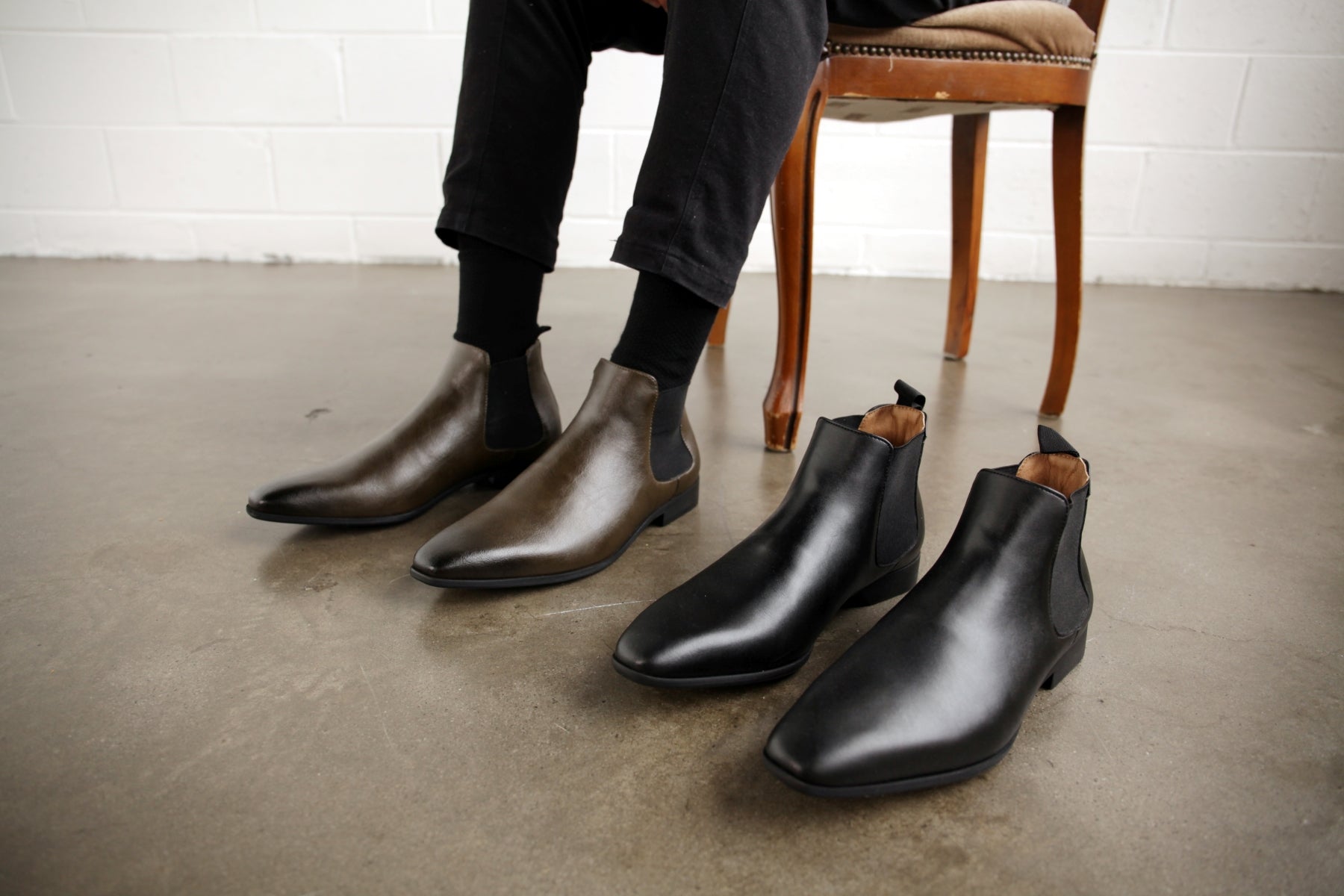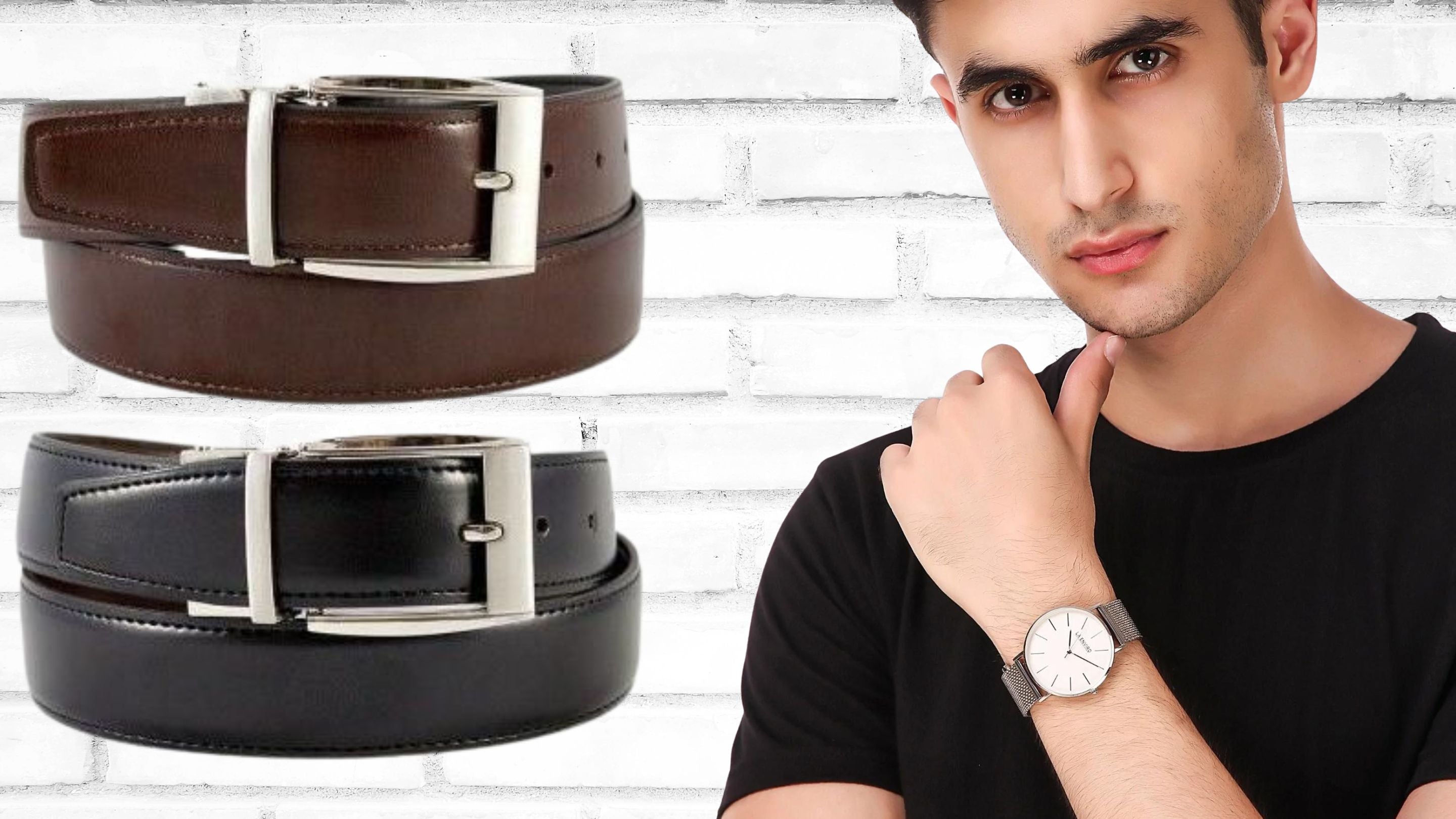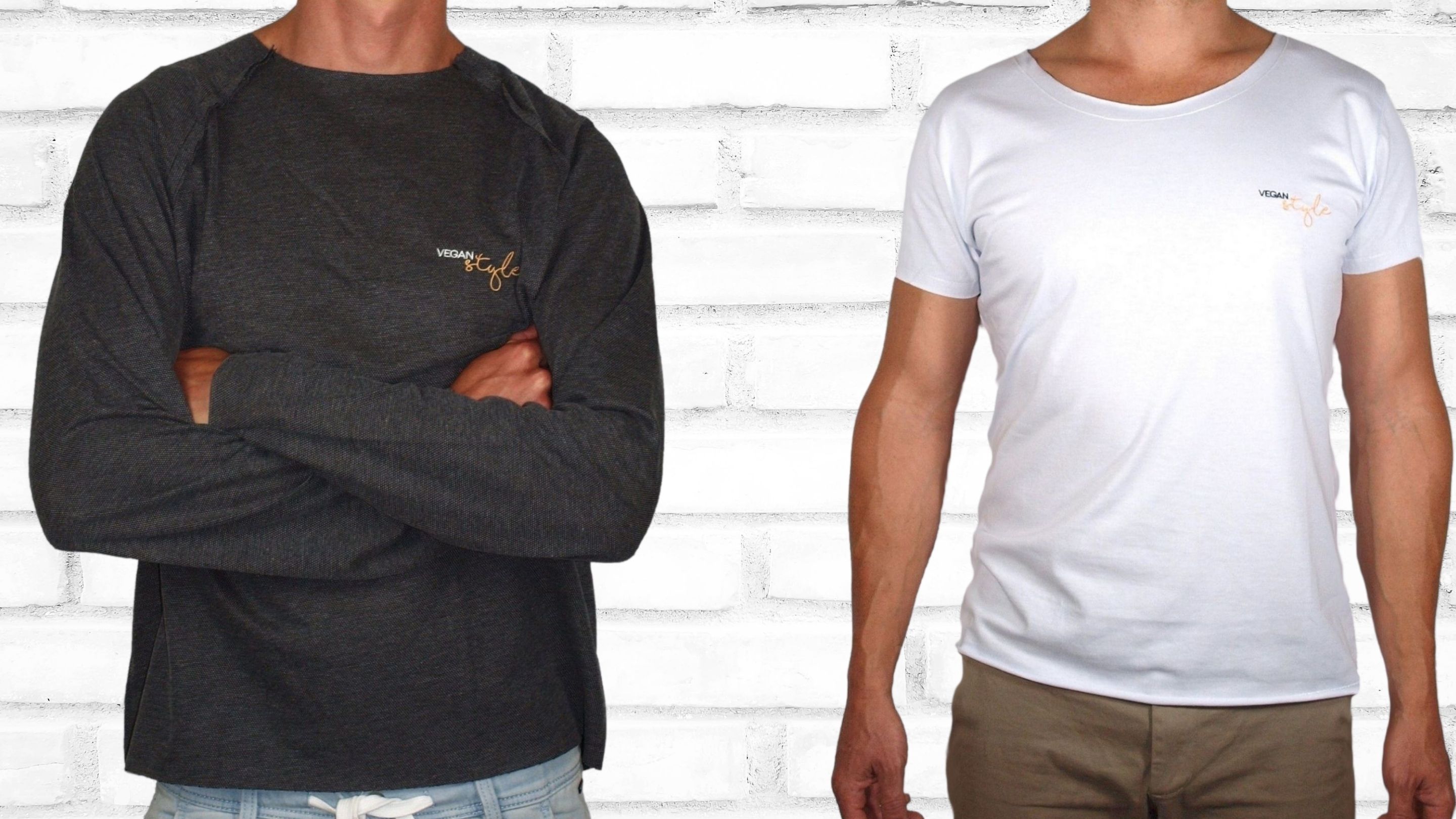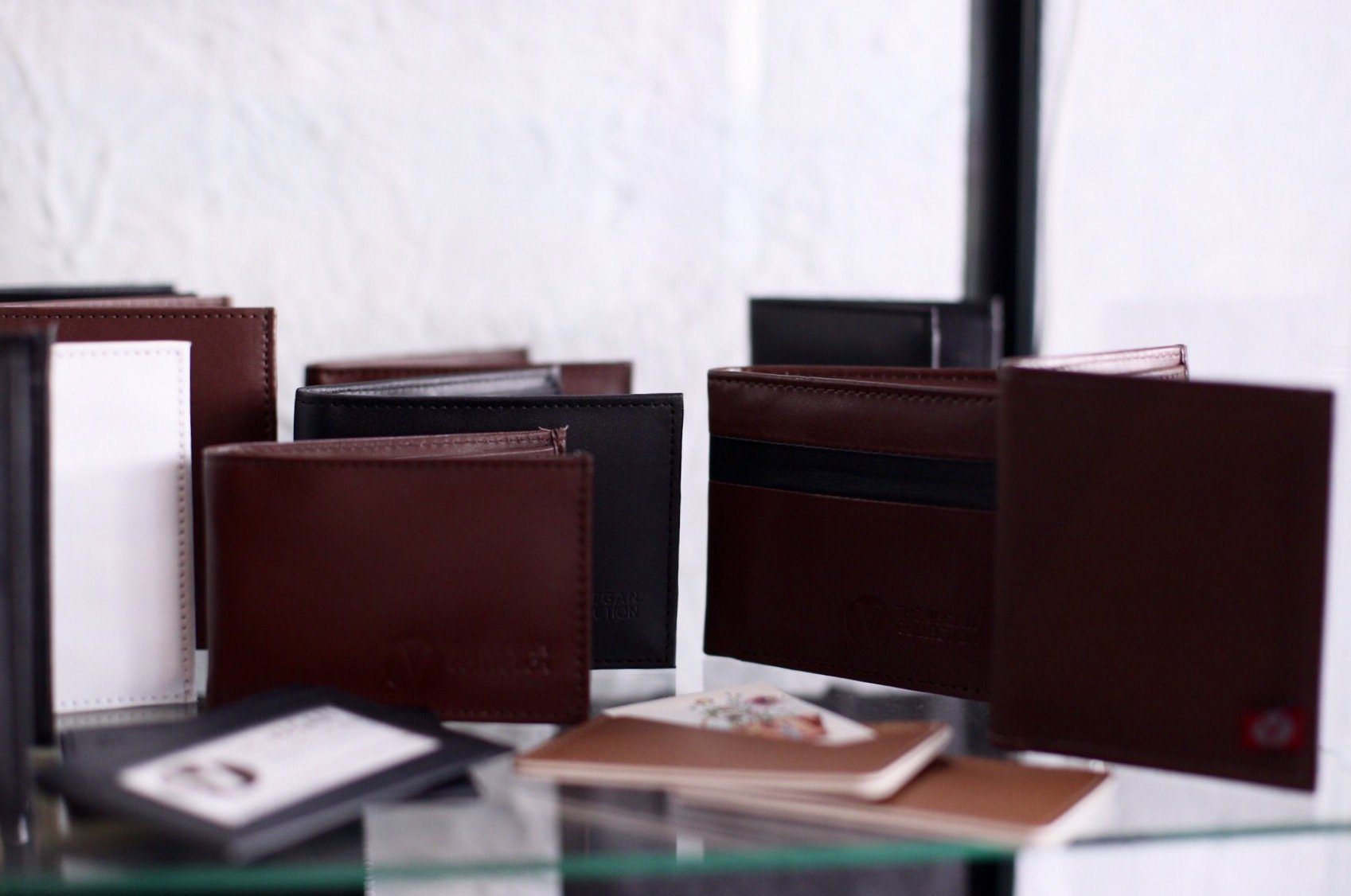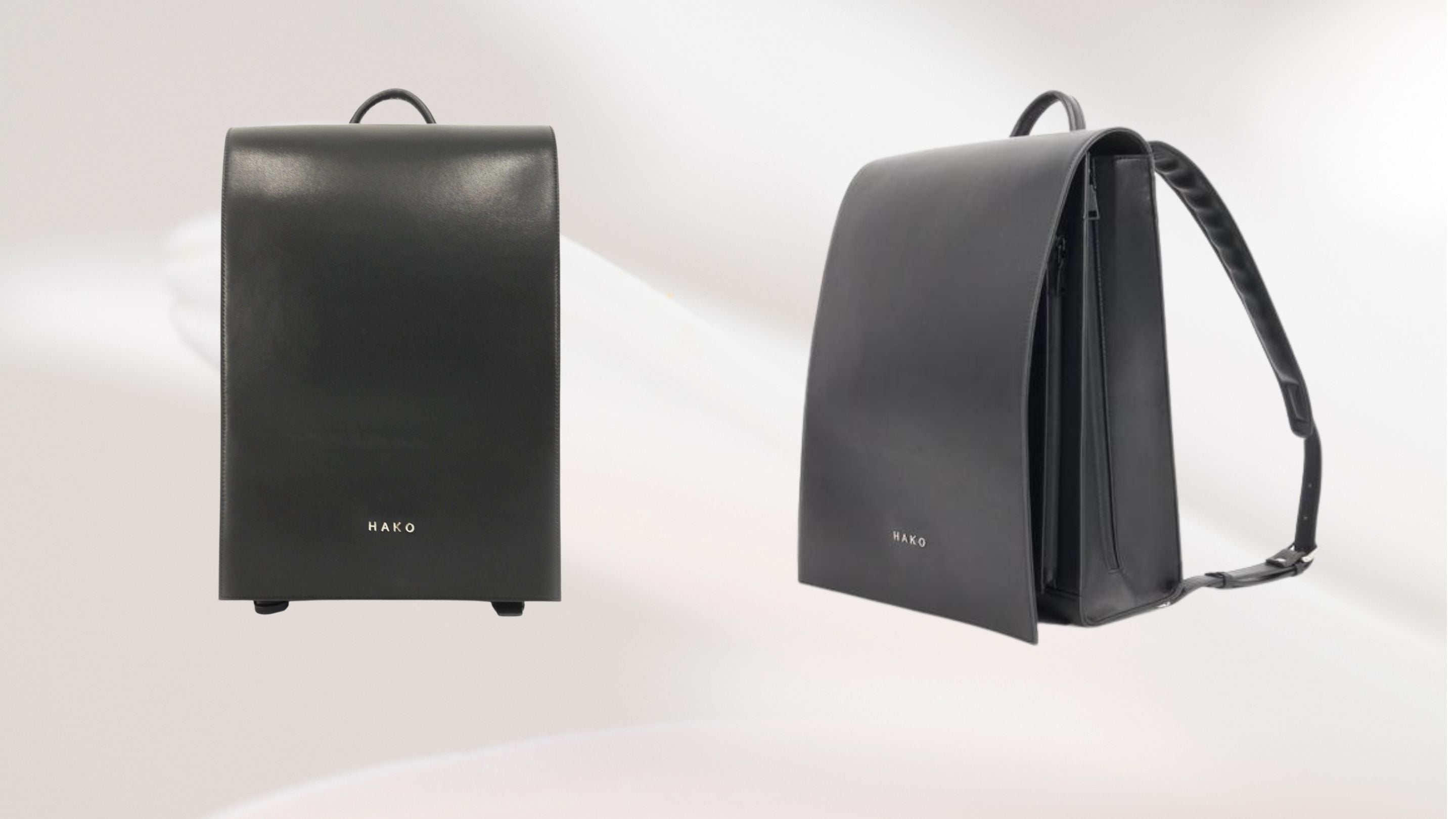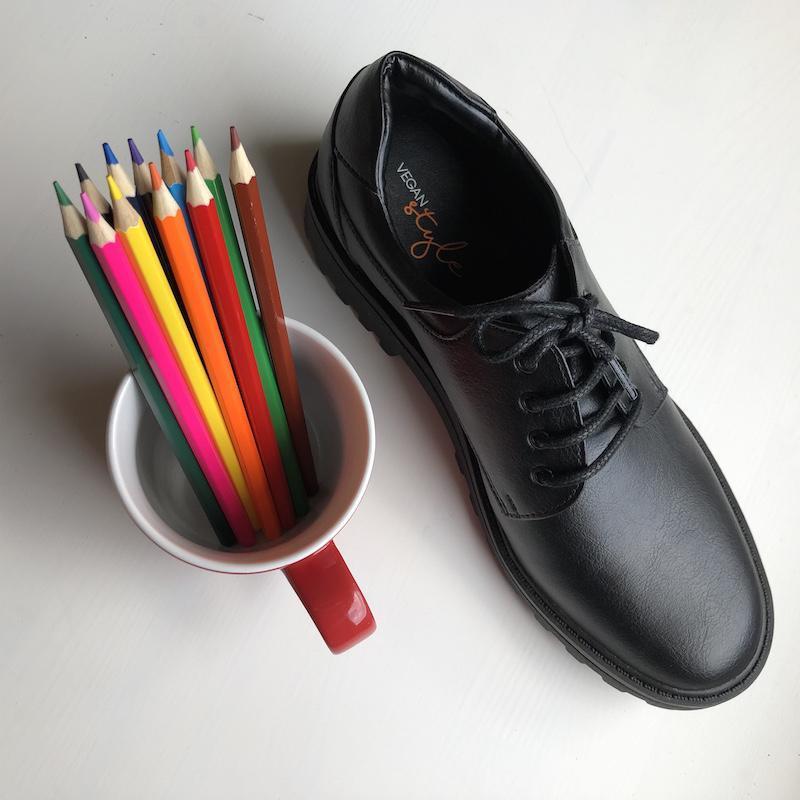What a rip off?!
“Why are your shoes so darn expensive!?”
This is a question we get asked every now and then, which frankly perplexes us as we try to ensure we have different ranges to suit different budgets. However, we do have some goods that would fall into the luxury category, and they are pricier. They are so for several reasons:
- Crafted in artisan boutique factories
- Made to last
- High quality, high comfort
- Beautifully finished and stylish to look at
- Use of the highest-end ecologically sustainable materials
- Fairly-made in European/UK/Brazilian or US factories
In the world of retail, striking a balance between quality materials and craftsmanship, environmentally and economically sustainable practices and reasonable prices can be a fine one. Small businesses are often put in the position of having to explain why they can’t provide a quality product at prices that consumers are used to paying at a larger retailer.
Ethical Supply Chain:
A small business owner-operator often has to do all of the sourcing and consulting and doesn't have the luxury of delegation when it comes to dealing with manufacturers. Often, the manufacturers themselves are small businesses who have to keep their own costs covered whilst also trying to keep prices reasonable for the retailer. This process is complicated further when the business model and products in question are operating within a specific ethical framework. The retailer and manufacturer are not only under pressure to keep products affordable, but they also have to make sure that materials are ethically produced, manufacturing workers are treated fairly, the process is sustainable and environmentally responsible, all of this whilst trying to maintain a competitive edge and keep up with market trends.
Demand Creates Supply:
In an ethical business, the balance is particularly tricky due to the fact that it serves a niche market. Obviously the aim is to serve the community at large, but in the current ethical climate, it is a challenge for a small ethical business to compete with a large chain. The consumer often needs greater incentive to look beyond cost, and that is one of the primary hurdles in enticing people to shop ethically and support smaller, more ethical businesses.
Cost to the Retailer:
Due to a comparative lack of resources and industry influence, small retailers also have a narrower margin for error than larger companies in terms of absorbing costs of non-moving stock. They have lower advertising budgets, less traffic and less exposure. This all adds up to greater cost to the business in terms of offering competitive prices, discounts and promotions.
Timeframe:
On top of all of this, a small business being dependent on manufacturers in a different time zone is a challenge. For example, it is common for an Australian business to have to not only stay on top of Australian trends and market fluctuations, but work within the European timeframe. So an Australian business will be ordering stock one or two seasons ahead of time to try to keep up. Again, a large chain wears any financial damage from these differences and fluctuations much more easily.

